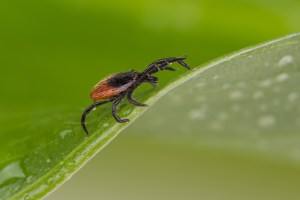New molecular target for malaria control identified
A new study led by Harvard School of Public Health (HSPH) and University of Perugia (UNIPG) researchers has shown that egg development in the mosquito species primarily responsible for spreading malaria depends on a switch in the female that is turned on by a male hormone delivered during sex. Blocking the activation of this switch could impair the ability of the species, Anopheles gambiae, to reproduce, and may be a viable future strategy for mosquito and malaria control.
The study appeared online Oct. 29 in PLoS Biology.
“These findings represent a significant step forward in our understanding of how these devastating malaria vectors reproduce,” said Flaminia Catteruccia, associate professor of immunology and infectious diseases at HSPH and UNIPG.
Malaria is a leading cause of death in tropical and subtropical regions. According to the U.S. Centers for Disease Control and Prevention, malaria claims nearly 660,000 lives per year, 90% of them in Africa — and most of them children. There were an estimated 216 million malaria cases worldwide in 2010, mostly among pregnant women and children.
The researchers based their investigation on existing knowledge about Anopheles gambiae, a highly efficient vector of the malaria parasite because those mosquitoes primarily feed on human blood and have a remarkably high reproductive rate.




